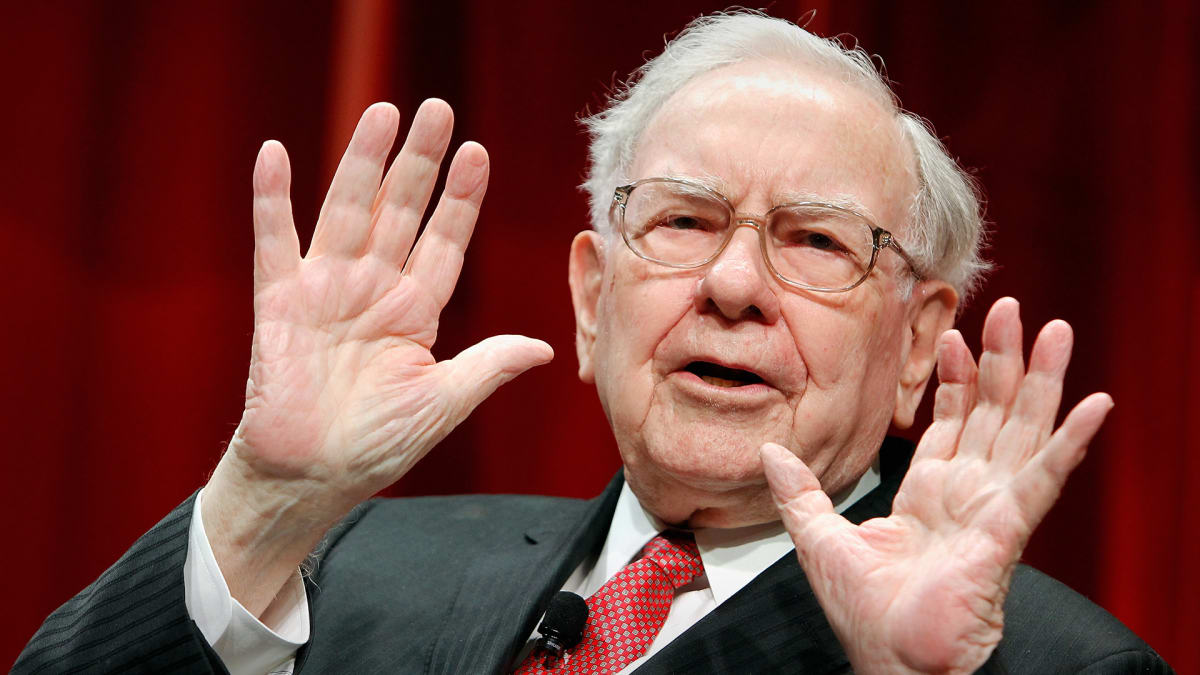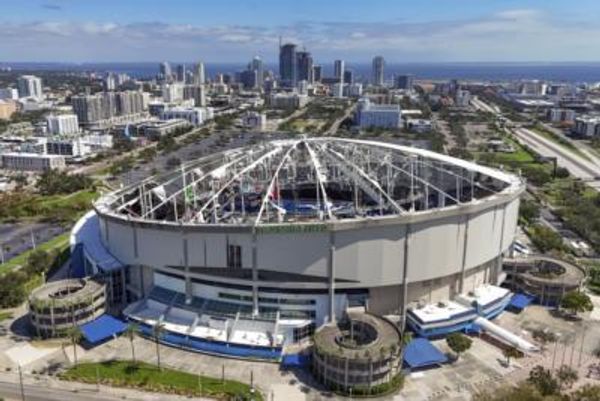
A month after the sudden collapse of Silicon Valley Bank, uncertainties about the health of the banking sector abound.
Will there be other failures? Is the crisis over? The first-quarter-earnings season should provide something of an answer to the damage caused by the failure of Silicon Valley Bank (SIVB) in the balance sheets of other banks.
Investors and experts expect banking firms, regardless of size, to report a sharp drop in deposits. This should be accompanied by the banks making clear that they have tightened the conditions under which they'll grant credit.
Don't Miss: Warren Buffett Doesn't Mince Words About Bitcoin
The bank reports will start on April 14 with JPMorgan Chase, (JPM) Wells Fargo (WFC) and Citigroup. (C)
In the meantime, Jamie Dimon, CEO of JPMorgan Chase, stated in an April 6 interview with CNN that the banking crisis was almost over.
Expect More Bank Failures: Buffett
Could more banks fail?
"I don’t know,” Dimon told CNN. "But if there are, honestly, they’ll be resolved. I think we’re getting near the end of this particular crisis.”
The banker also repeated that the problems that led to SVB's failure were "hiding in plain sight” and should have been detected by the bank’s management.
Legendary investor Warren Buffett says additional bank failures should be expected.
"We’re not over bank failures, but depositors haven’t had a crisis,” Buffett told CNBC’s Becky Quick on April 12, without providing any names. "Banks go bust. But depositors aren’t going to be hurt.”
The chairman and CEO of Berkshire Hathaway (BRK.A) (BRK.B) then indicated that the current crisis of confidence in banks should prompt efforts to discover the "dumb" things that bankers have done, in particular mismatching assets and liabilities and questionable accounting.
"Bankers have been tempted to do that forever,” Buffett argued. "Accounting procedures have driven some bankers to do some things that have helped their current earnings a little bit and caused the recurring temptation to get a little bit bigger spread on record, a little more than earnings.”
The Oracle of Omaha, as he is nicknamed, also wanted to be reassuring, especially with regard to depositors. He said individual depositors won't lose their money.
"The costs of the [Federal Deposit Insurance Corp.] are borne by the banks. Banks have never cost the federal government a dime. The public doesn’t understand that,” said Buffett.
"Nobody is going to lose money on a deposit in a U.S. bank. It’s not going to happen. ... You don’t need to turn a dumb decision by managers into panicking the whole citizenry of the United States about something they don’t need to be panicked about.”
To be clear, the FDIC guarantees deposits of a maximum $250,000. All individuals with more than $250,000 in their accounts would lose anything above the FDIC threshold if the bank defaulted.
Buffett Talked to the Biden Administration
Buffett said he spoke with President Joe Biden's entourage recently but did not give the nature of the subjects discussed.
The legendary investor has a history with the banks. He appeared as a savior during the financial crisis in 2008. Through his Berkshire Hathaway holding company, the investor granted a $5 billion lifeline to Goldman Sachs to prevent it from going the way of Lehman Brothers, which had just filed for bankruptcy.
In 2011, Buffett also injected $5 billion into Bank of America, whose shares had plunged due to large losses related to subprime mortgages, which were the origin of the financial crisis of 2008.
Don't Miss: Musk Says Buffett Would Be Great for a Particular Job
The recent banking crisis started with SVB.
The Santa Clara, Calif., bank was the go-to lender for many tech companies. It provided a range of financial services, tailored to the needs of startups, such as venture debt, corporate banking and asset management. These services are designed to help startups manage their finances, optimize their cash flow and scale their businesses.
SVB also offered specialized financial services, industry expertise, a valuable network, and a strong reputation.
Created in 1983, Silicon Valley Bank, which presented itself as a "partner for the innovation economy,” offered higher interest rates on deposits than its larger rivals did, to attract customers. The company then invested its clients' money in long-dated Treasury bonds and mortgage bonds with strong returns.
This strategy had worked well in recent years. The bank’s deposits doubled to $102 billion at the end of 2020 from $49 billion in 2018. In 2022, deposits increased to $189.2 billion.
But everything turned upside down when the Federal Reserve began to raise interest rates, which made existing bonds held by SVB less valuable. As a result, the bank had to sell the bonds at a discount to cover withdrawals from its customers. In selling these bond positions, SVB had to take a significant loss of $1.8 billion.
Due to this loss, SVB suddenly announced that it needed to raise additional capital of $2.25 billion, by issuing new common and convertible preferred shares. This decision caused panic and a run on the bank.
In addition to SVB, fears of contagion led to the closure of Signature Bank in New York (SBNY) on March 12. Since then, concerns about the deposits in other small banks, i.e. those with assets below $250 billion, have intensified.
The regulators had to intervene to avoid a debacle.







